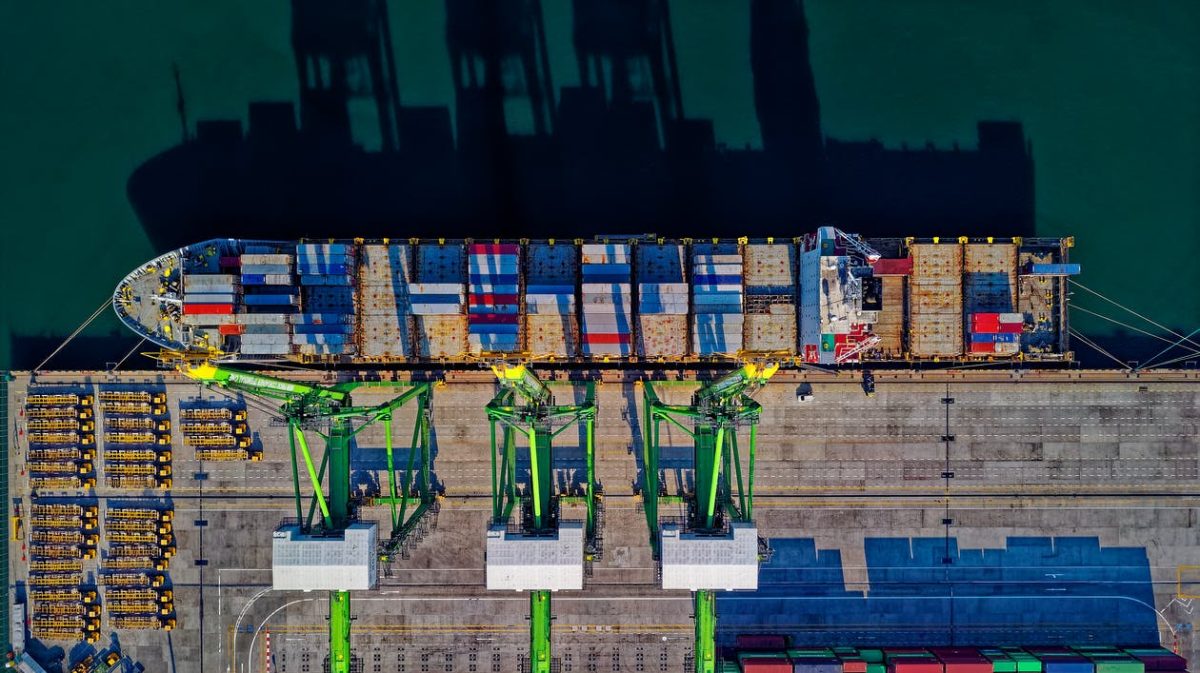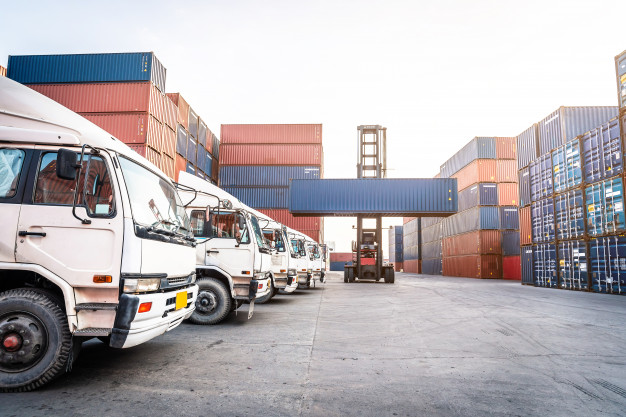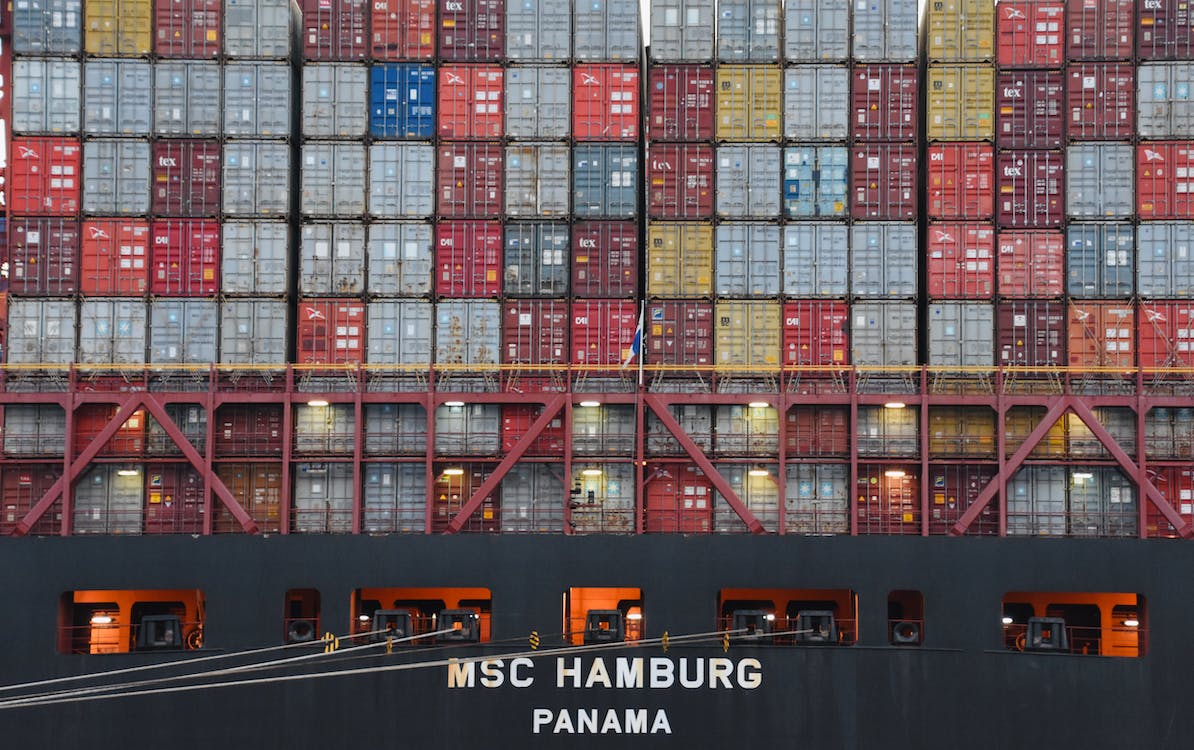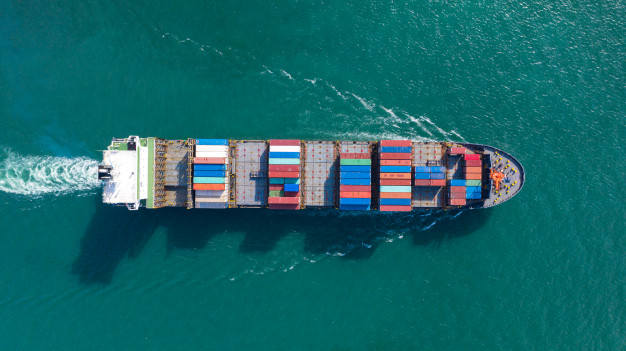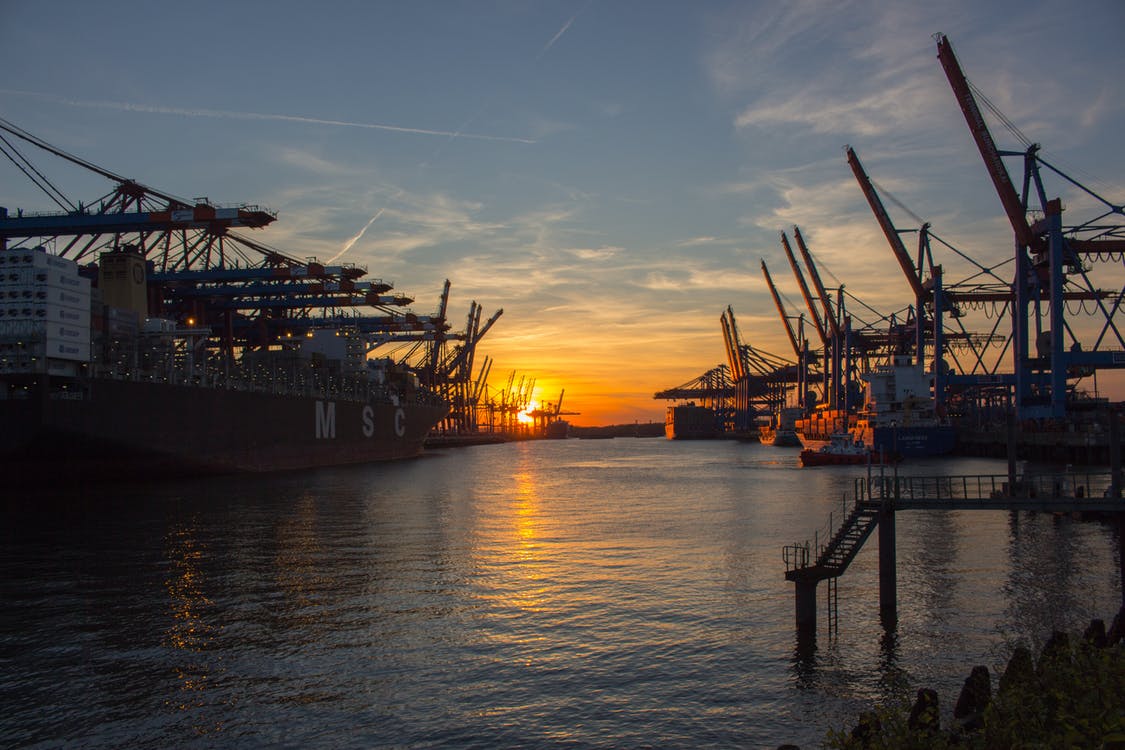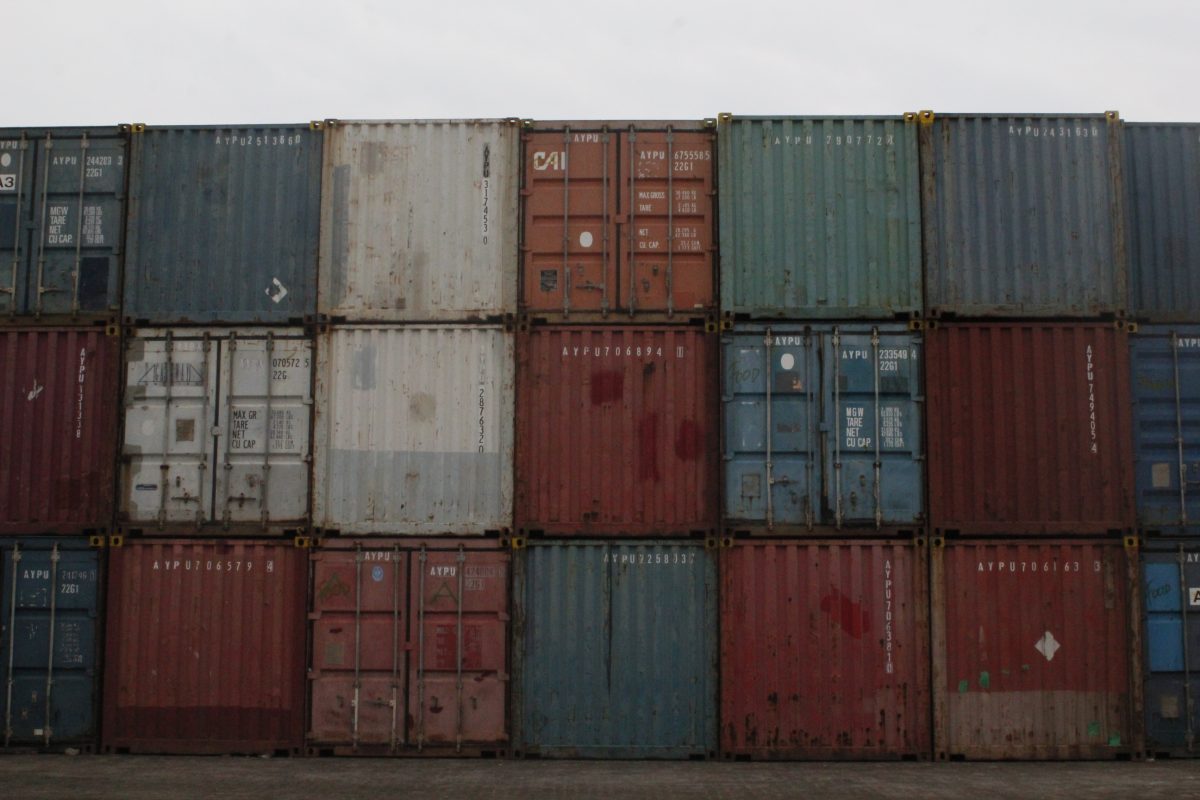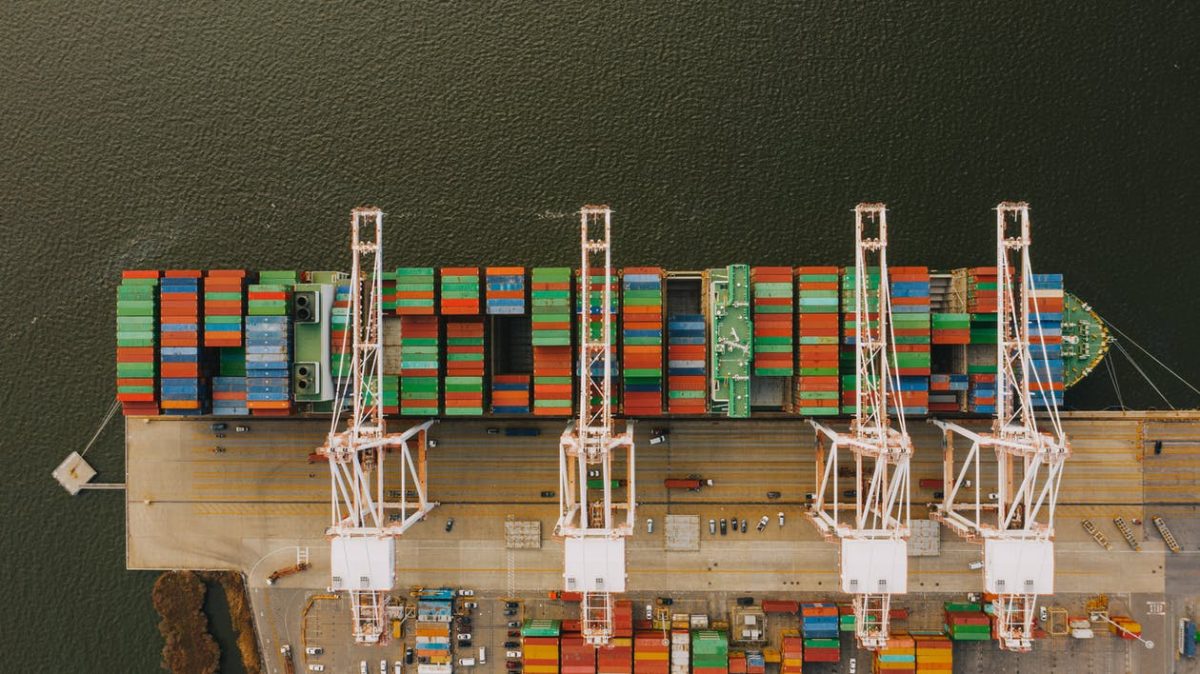How Customs Brokerage Firms Help the Philippine Economy

There are several factors that affect the economy of a country. From the total population, natural resources, to technological growth, it is highly essential for such a massive social unit to thrive and make efforts to enhance and develop its own economy.
In the Philippines, one particular industry is becoming more renowned as a great contributor to the country’s economic growth. Customs brokerage refers to the profession of rendering services to an organization, usually an exporter or importer, to assist them in clearing customs requirements and processes so that they can transfer their products in different locations without facing any legal issues.
The Bureau of Customs, the Philippine government’s agency that facilitates the nation’s trade through an effective customs system, had been touted local customs brokerage firms to be their partners in maintaining the economy. Why did the government say so?
Customs Brokers Helps the Government to Fight Corruption
Customs brokers, as licensed professionals, spent considerable time studying different customs regulations, as well as the most effective ways of negotiating with the authorities. This means that they are well educated on how the government agency operates. Since customs brokers are always dealing with them, it can be easy to spot and report any irregularities committed by any customs authority.
Customs Brokers Aid in Encouraging Investors in the Country
The Philippine government raises funds from taxes. Greater portions of taxes came from businesses. Customs brokers, in a way, encourage investors to do business in the country hence augmenting the country’s economic growth and providing the government with more funds more developing many projects such as infrastructure, public facilities, and combating poverty.
Customs Brokers Can Help Create More Jobs
This is inlined with the profession’s capability to trigger a chain of events that leads to attracting more people to invest in the Philippines. More businesses result in increased job demands, reducing the unemployment rate. This is perhaps one of the best benefits that are often neglected, as many people thought customs brokers only affects what’s going on within the field of the trade itself.
Customs Brokers as an Integral Profession
The Philippine government is currently in full support of the continuous rise of customs brokerage firms. As it was stated in the Customs Modernization and Tariff Act (CMTA), one of the state’s ruling policies is that a priority and support must be given “to professionalizing the practice of customs brokers profession in the Philippines which will be beneficial to the country in general and to the economy in particular.” This further highlights the integrity of customs brokers as key players in maintaining the stability and growth of the Philippine economy in general.
Excelsior Worldwide Freight Logistics conducts free orientation for those who are willing to learn. It is our advocacy to share our knowledge & experience worth more than a decade in the business. Visit our website today at www.excelsior.ph to learn more about our service.

